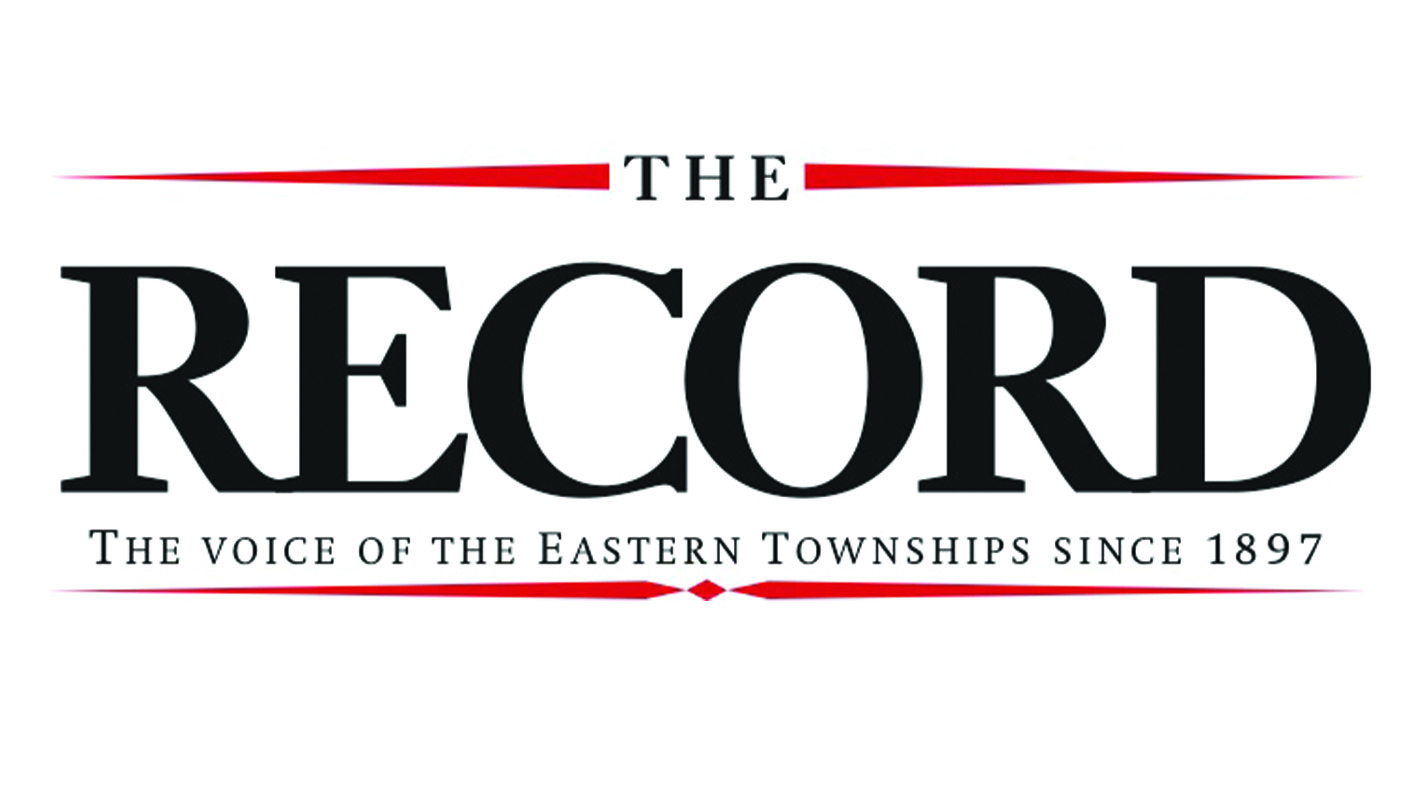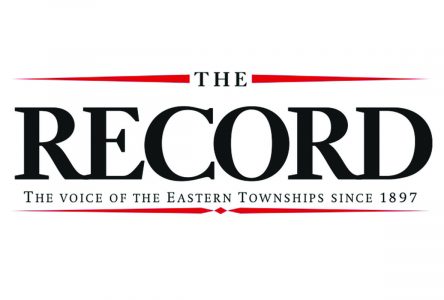By Gordon Lambie
The morning after Premier François Legault announced the province’s reopening plan for the coming summer months, regional Public Health Director Dr. Alain Poirier affirmed that things in the Eastern Townships are on the right track to follow the proposed schedule.
“We’re already on the way back down,” Poirier said, noting that although the local numbers began to head upwards at the same time that the rest of the province was starting to improve, the situation now appears to be stabilizing.
The Estrie administrative region reported 43 new cases, no additional deaths, 19 hospitalizations, and only four patients with COVID-19 in intensive care on Wednesday. The number of active cases in the region dropped to 434, still primarily concentrated in Sherbrooke (134) and Granit (148).
There were still more than 50 individual outbreaks being tracked across the townships on Wednesday, but Poirier pointed out that the protocol is for an outbreak to remain under observation for 14 days after its last reported case, explaining the large number listed as being “in progress” without reporting any new cases. Among the five new outbreaks reported was one at Princess Elizabeth Elementary School in Magog, where fewer than five linked cases have been reported to date.
Recognizing that some might take the announcement of reopening measures as license to dive right in, the public health director stressed the fact that the region remains under red zone restrictions for the time being, but he pointed out that there is no reason why the alert status couldn’t move to orange earlier than the set date of May 31 if the situation improves enough. As to the question of whether the emergency measures in the Granit sub-region will have an impact on the status of the rest of the Townships, Poirier said that it is still under discussion.
Regional vaccination campaign director Jean Delisle shared that as a whole, the Estrie region has now passed the halfway point when it comes to the administration of first doses. As of Wednesday morning, 50.6 per cent of the adult population of the region had already received a first dose, with that percentage increasing to 62 per cent if those who have appointments are included in the figure.
Looking at individual sub-regions, Delisle pointed out that coverage in the Haut-Saint-François and Coaticook areas in particular is lagging behind at closer to 45 per cent, and he encouraged those who have yet to make an appointment in those areas to do so as soon as possible.
Asked how the province can claim that all residents in long term care homes have received a second dose when the local figures show second-dose coverage resting at just over 65 per cent, Delisle shared that the figure is about 11 per cent higher when you include those individuals who got the virus and a first shot. Recognizing that 76 per cent still falls short of the 94.1 per cent who received a first dose, however, the vaccination campaign director said that teams will be checking back in with the various residences in the region to confirm that everyone who needs a second dose has, in fact, received one.
On the other end of the age spectrum, the campaign director said that he expects to hear directives from the government Thursday on how to proceed with vaccination of 12 to 17-year-olds. Although Health Minister Christian Dubé has made multiple references to a first-dose delivered through the school system for this age range before classes end for the summer, the practical details of that plan have yet to be announced.
The Province of Quebec reported 584 new cases of COVID-19 on Wednesday, bringing the total number of people infected to 364,980, and decreasing the number of active cases to 6,535.
Eight new deaths were recorded, for a total of 11,058 since the start of the pandemic, while the number of hospitalizations decreased by 18, to 466, and the number of people in intensive care decreased by five, to 113.
The total number of vaccination doses administered across the province increased to 4,543,365, bringing first-dose coverage to 50.5 per cent across the province. Taking into account people who have received either two doses or a single dose and who contracted the virus itself, Quebec’s public health institute the INSPQ identified 4.6 per cent of the population as “adequately vaccinated.”





